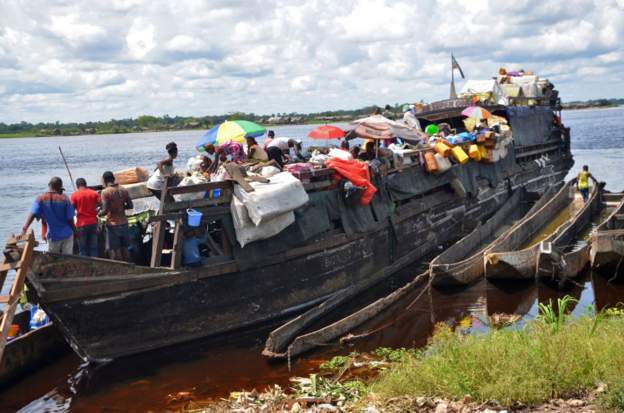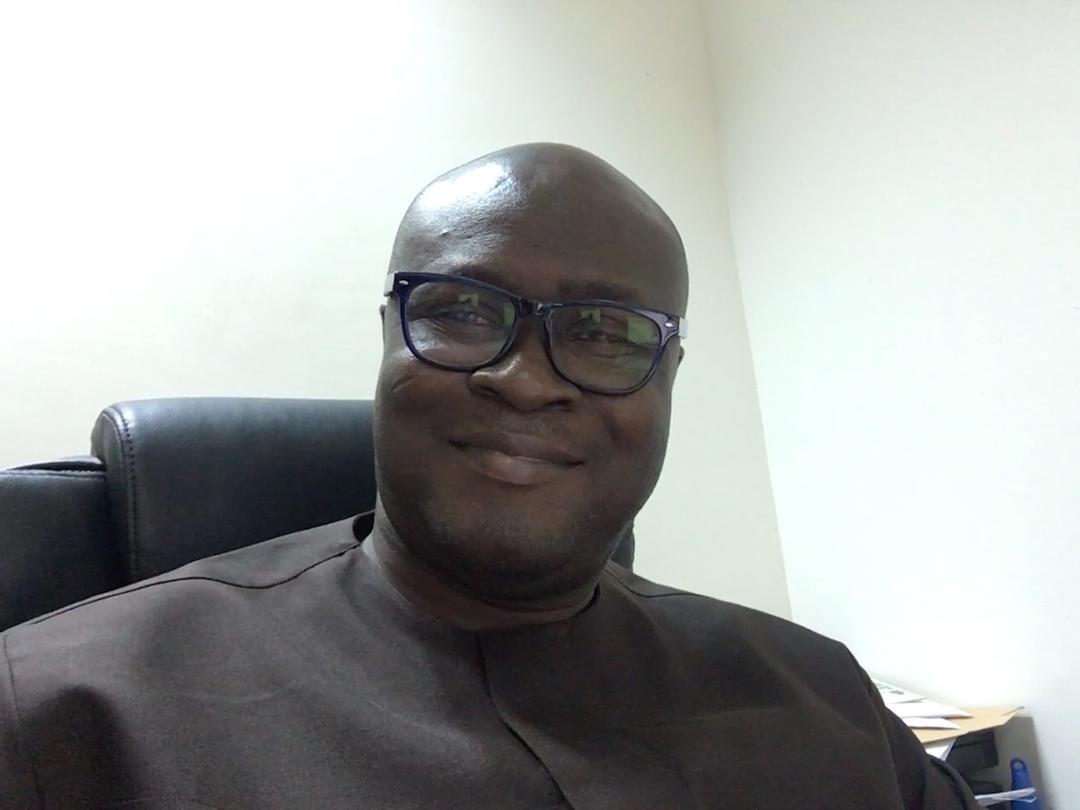DR Congo economy to grow faster on increased mining production

A worker drives a fork-lift past a machine pouring a mixture of copper and cobalt in a bag at the STL Lubumbashi in DR Congo. IMF has revised upwards the 2023 growth projections for the DRC to 8 percent following a “stronger-than expected” growth in mining production. PHOTO | PHIL MOORE | AFP
The International Monetary Fund (IMF) has revised upwards the 2023 growth projections for the Democratic Republic of Congo (DRC) to 8 percent, following a “stronger-than expected” growth in mining production which downplayed several risks currently weighing down the economy.
The multilateral lender said Kinshasa’s mining yields rose 20 percent last year, compensating for the “downward revision to non-extractive growth,” which is now projected to increase by 3.2 percent, a drop from last year’s 3.7 percent.
IMF’s DRC mission chief Mercedes Vera-Martin said that the ongoing conflict in the eastern parts of the country, uncertainty over the coming elections, the Russia-Ukraine war and other risks, however, continue to threaten the economic outlook despite the glam projections.
“Sustaining prudent macroeconomic policies will help bolster resilience to external shocks,” she said, urging for a number of reforms that will mitigate the impact of the risks on the country’s economic prospects.
IMF staff visit
Ms Vera-Martin’s comments follow an IMF staff visit to discuss DRC’s economic developments, outlook and progress on reforms under the extended credit facility (ECF) in preparation for the fourth review in April.
During the third review of the facility in December last year, the lender gave $203 million to Kinshasa, bringing the total disbursement under the ECF arrangement to $812.4 million, as part of the $1.52 billion agreed on in July 2021.
The financier said last year’s disbursement was meant to “help [DRC] reinforce international reserves, given downside risks to the domestic and global economy outlook”.
As a result, Ms Vera-Martin said, the Central Bank of Congo (BCC) “has reported gross international reserves at $4.6 billion, about $300 million above the previous projection”, despite a deterioration of the trade balance due to a strong import growth.
Double-digit inflation

But DRC, unlike many countries in the region, is still grappling with double-digit inflation – currently estimated at 13.1 percent – due to higher food, energy and transport prices, which is also a downside to the growth outlook.
To help contain this, the financier asked BCC to instigate “reforms to strengthen the monetary policy framework and central bank governance”, which will improve the effectiveness of the country’s monetary policies and liquidity management.
IMF lauded reforms by the government and urged for their continuation to support the improvement of the business climate and mobilisation of investment, which it termed “critical for economic diversification and private sector-led growth”.
Accelerate revenue collection
Such reforms include the war on graft, rationalising the tax system, enhancing transparency in the mining sector and freely providing beneficial ownership information for awarded government contracts.
However, the lender wants Kinshasa to accelerate revenue collection and contain current spending in efforts to “build fiscal space to address the security situation”, among other reforms in public financial management.
These reforms, Ms Vera-Martin said, “will help improve the budget process and its credibility, enhance fiscal governance, and improve absorption capacity and spending efficiency”.




